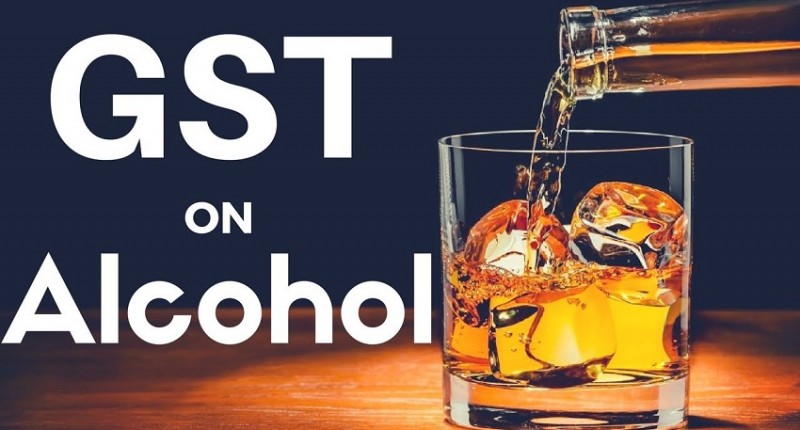
The Goods and Services Tax (GST) Council is set to amend GST laws to clarify that extra neutral alcohol (ENA) should not be subject to GST. ENA, a highly pure form of alcohol used in liquor production, is not for direct consumption. These changes are expected to provide significant relief to the spirits industry by preventing dual taxation.
The Council also plans to introduce a scheme allowing central and state tax authorities to forgo recovery of past tax dues, which would benefit the spirits sector. This initiative is part of a broader effort to resolve ongoing tax disputes and streamline the taxation process.
At its upcoming meeting on Saturday in the national capital, the GST Council will review amendments recommended by a committee of officers. This committee was tasked with drafting legislative changes to ensure ENA remains outside the GST regime, a decision first made at the GST Council’s 52nd meeting on October 7 last year, according to sources familiar with Centre-state discussions.
The proposed amendments aim to eliminate ambiguity in tax implementation by explicitly stating that ENA is excluded from GST under section 9 of the Central and state GST laws. This section currently imposes GST on goods and services other than liquor for human consumption but does not specifically mention ENA.
This clarification is expected to prevent the same commodity from being taxed under different systems, reducing the tax burden on the alcoholic beverage industry. The Centre will propose amendments to the CGST and IGST Acts in Parliament, while states will amend their respective SGST laws.
Historically, ENA, derived from fermenting and distilling molasses or grain, has been considered outside the GST framework since the indirect tax reform began in 2017. However, inconsistencies in its application have caused confusion and difficulties for producers.
Experts believe the proposed changes will simplify the taxation of the liquor industry and provide certainty to producers.
“Ensuring that ENA is taxed only under the excise duty regime and bringing clarity to the GST laws will bring relief to the industry and help reduce litigation, as taxation of this commodity will become uniform across the country,” said Rajat Mohan, executive director at accounting and advisory firm Moore Singhi.
IP Suresh Menon, secretary-general of The International Spirits & Wines Association of India (ISWAI), emphasized the importance of keeping ENA under the state excise and VAT regime. This would allow producers to continue utilizing VAT credits, which would not be possible under GST, potentially increasing production costs and affecting sales and state tax revenues.
When Will India Present Its Budget? July 22 Set for Key Economic Announcements
Auto Industry Urges GST Reduction for Two-Wheelers Based on Fuel Types
Centre Pushes for GST Inclusion of Petrol, Diesel; No Plans for OMC Stake Sale?